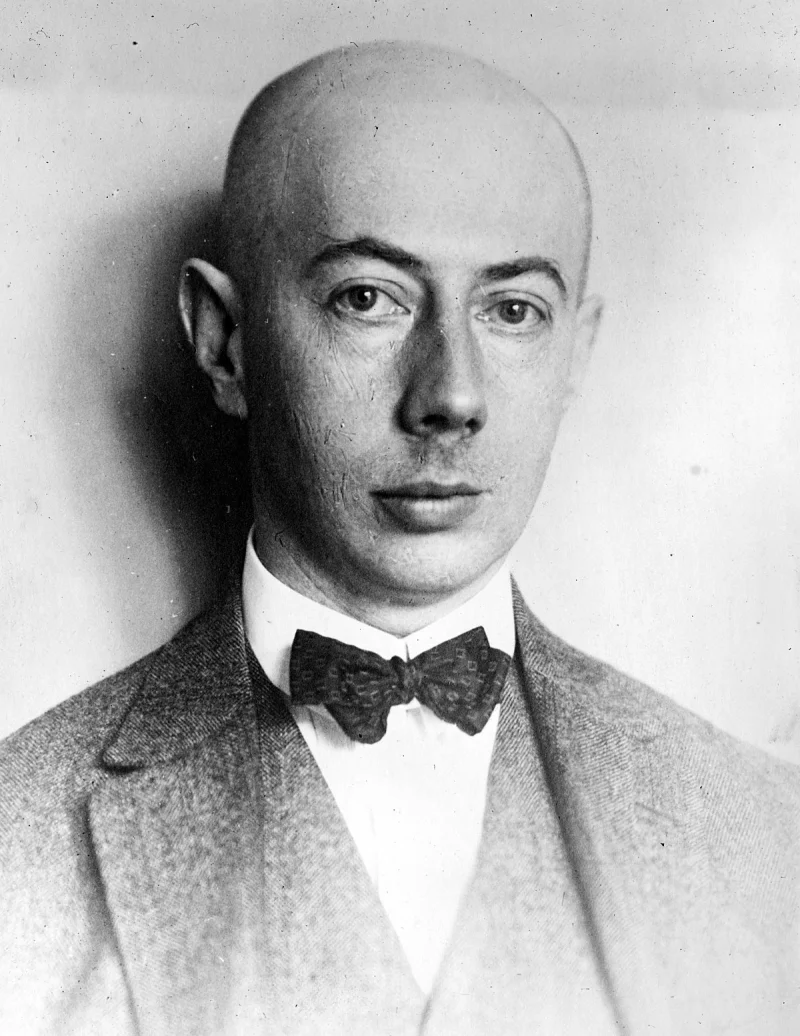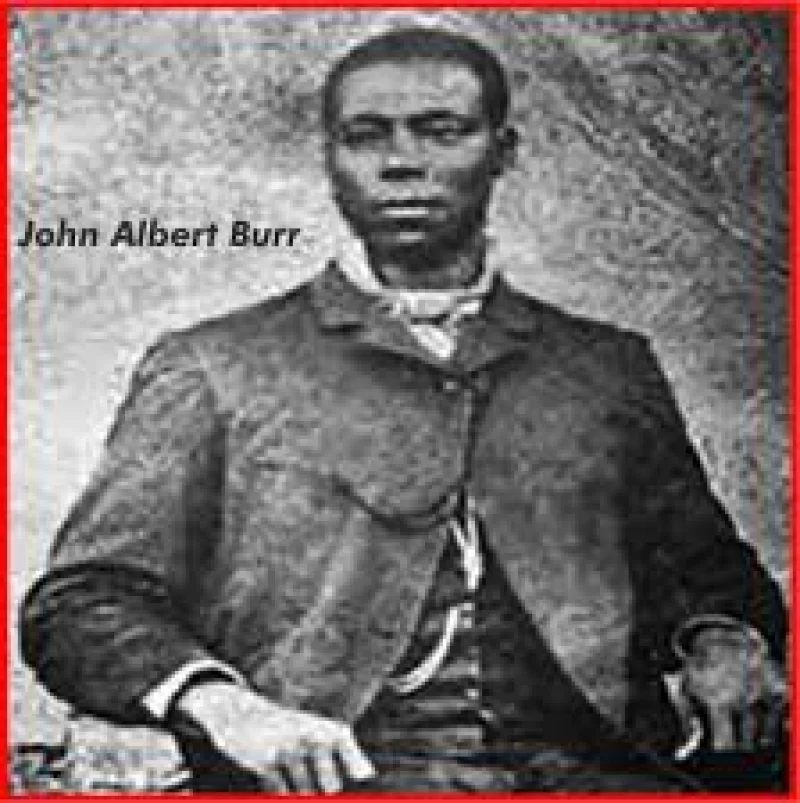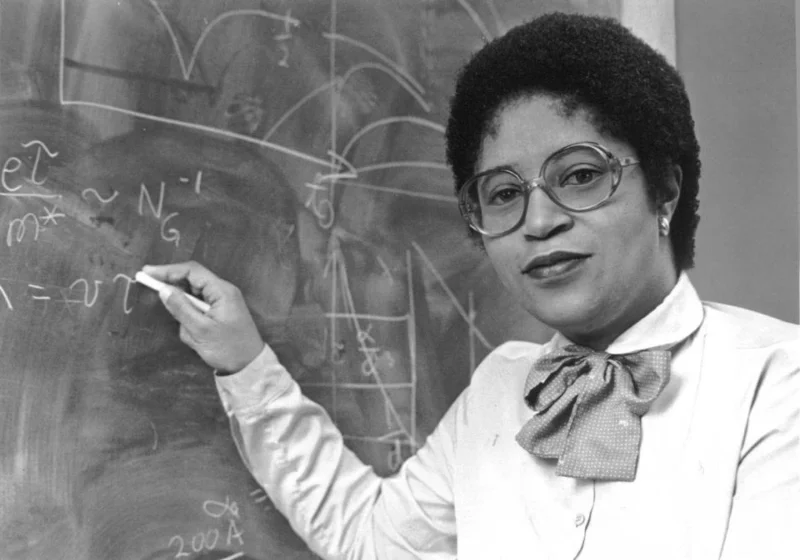Short Summary
Charles-Augustin de Coulomb was a prominent French physicist best known for his work in electrostatics and magnetism. His formulation of Coulomb's Law, which describes the force between two electric charges, is a cornerstone of electromagnetism. Coulomb's contributions to physics and engineering have left a lasting impact on these fields, and his name is commemorated in the unit of electric charge, the coulomb. His work laid the groundwork for future scientists and helped to advance the understanding of electrical forces and phenomena.
Early Life & Education
Born on June 14, 1736, in Angoulême, France, Charles-Augustin de Coulomb was the son of a civil servant. His family moved to Paris when he was young, where he received an education at the Collège Mazarin. He later enrolled at the École Royale du Génie de Mézières, a prestigious engineering school, where he developed an interest in mathematics and physics. His early exposure to the sciences and engineering significantly influenced his future career. After graduating in 1761, he joined the French military engineering corps, which provided him with opportunities to apply his scientific knowledge practically.
Career Highlights
During his career, Coulomb served as a military engineer in various locations, including the West Indies, where he worked on fortifications. His interest in physics led him to conduct experiments on friction, elasticity, and torsion, which were critical to understanding mechanical behavior. In 1785, he presented a series of papers to the French Academy of Sciences, detailing his findings on electrical forces and magnetism. His work on electrostatics, particularly the formulation of Coulomb's Law, was groundbreaking. After the French Revolution, he retired from military service but continued his scientific research and became a member of the Bureau des Longitudes.
Major Achievements
- Formulated Coulomb's Law, which defines the force between electric charges.
- Conducted pioneering research on friction and torsion, influencing engineering practices.
- Contributed to the understanding of magnetic forces and their measurement.
- Published significant papers on electricity and magnetism in the 1780s.
- Became a member of the French Academy of Sciences, recognizing his scientific contributions.
Famous Quotes
- "The quantity of electricity which passes in a circuit is in direct proportion to the force which acts on it."
- "The force between two charges varies inversely as to the square of the distance between them."
Interesting Facts
- Coulomb was initially trained as a military engineer before delving into physics.
- The unit of electric charge, the coulomb, is named in his honor.
- He made significant contributions to the study of structural mechanics, including the theory of beams and arches.
- Coulomb's research on friction influenced the design of machinery and tools.
- He was a contemporary of other notable scientists like Lavoisier and Laplace.
Legacy / Influence
Coulomb's work laid the foundation for the study of electromagnetism, influencing countless scientists and engineers who followed. His law remains a fundamental principle in physics, and his research on friction and torsion continues to impact mechanical engineering. The naming of the unit of electric charge after him underscores his lasting influence in the field. His contributions helped to shape the modern understanding of electrical and magnetic phenomena.
FAQ
Q: Why is Charles-Augustin de Coulomb famous?
A: He is famous for formulating Coulomb's Law, a fundamental principle in electromagnetism.
Q: What did Coulomb's Law describe?
A: Coulomb's Law describes the force between two electric charges as inversely proportional to the square of the distance between them.
Q: What unit is named after Coulomb?
A: The unit of electric charge, the coulomb, is named in his honor.













